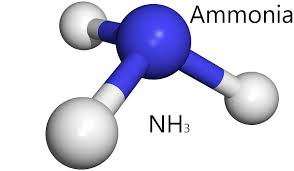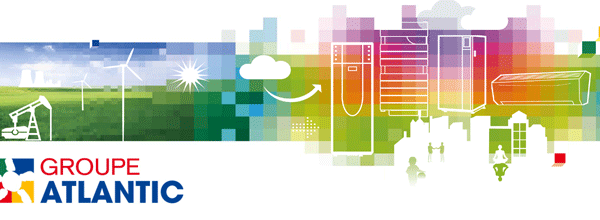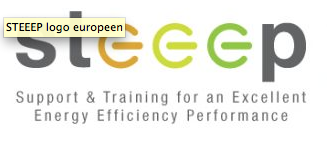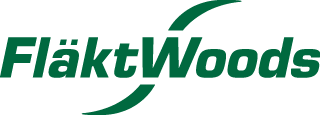Ammonia use to grow in China
CHINA- The number of applications using ammonia is set to grow further in China according to shecco’s recent publication guide to Natural Refrigerants in China. The guide made the case that the use of ammonia will mature in the next 15 years, gaining a larger market share through ammonia-only systems and NH3/CO2cascade systems at the expense of HCFCs and HFCs, such as R22, in both industrial and commercial refrigeration.
The guide demonstrated that the use of natural refrigerants is currently increasing in all key applications, especially industrial, commercial and light commercial refrigeration. In addition to this, the guide also contained a poll in which the respondents were asked to outline their future expectations for the use of certain refrigerants in China.
The survey results and data collected by shecco clearly show that the use of ammonia is growing, in terms of numbers and potential applications with future growth set to remain strong all the way to 2030.
Of the 800 respondents who completed the survey, 70% of them believed that they expect the market share for ammonia will be as much 20% in 2030, a high percentage for a refrigerant that is only typically used in industrial refrigeration, but the use of cascade systems and improved safety focus means that the use of ammonia is set to grow further.
The use of CO2/NH3 cascade systems is becoming evermore popular in China in addition to the use of ammonia-only systems that has been prevalent for the last 60 years in their industrial refrigeration sector. It is claimed that cascade systems offer increased safety by reducing the ammonia charge by up to as much as 90% compared to a conventional ammonia system, thus making it possible to apply natural refrigerant-only systems even for use in large-scale cold storage facilities, where direct ammonia systems are not feasible due to charge limitations.
On top of this, in a NH3/CO2 system, ammonia is confined to an engine room, with limited access for cold storage staff which should help increase safety and lower the risk of food contamination.
However, it is not just industrial refrigeration that can expect to see growth in the use of ammonia as a CO2/NH3cascade store is now located in Shandong, with Metro China planning to make CO2/NH3 cascade stores their standard unit as of 2016, with five more stores expected to be opened along with six other stores to be remodelled with the CO2/NH3 cascade.
One of the main factors contributing to ammonia refrigeration accidents was identified as being due to the lack of professionally educated and trained personnel operating in ammonia facilities and steps are being taken to correct this problem.
The industry has been focused on improving the safety of ammonia industrial refrigeration facilities in recent years and this has resulted in technology developments aimed at reducing ammonia charge and also automatic control systems targeting a reduction in operational mistakes.
These new technological developments include the optimisation of controls and the use of more efficient condensers, evaporators and compressors. The Chinese industry hopes that the implementation of this more energy efficient technology will result in users seeing at least a 20% energy saving compared to traditional solutions, with the potential energy savings hopefully contributing to the users’ return on investment.















